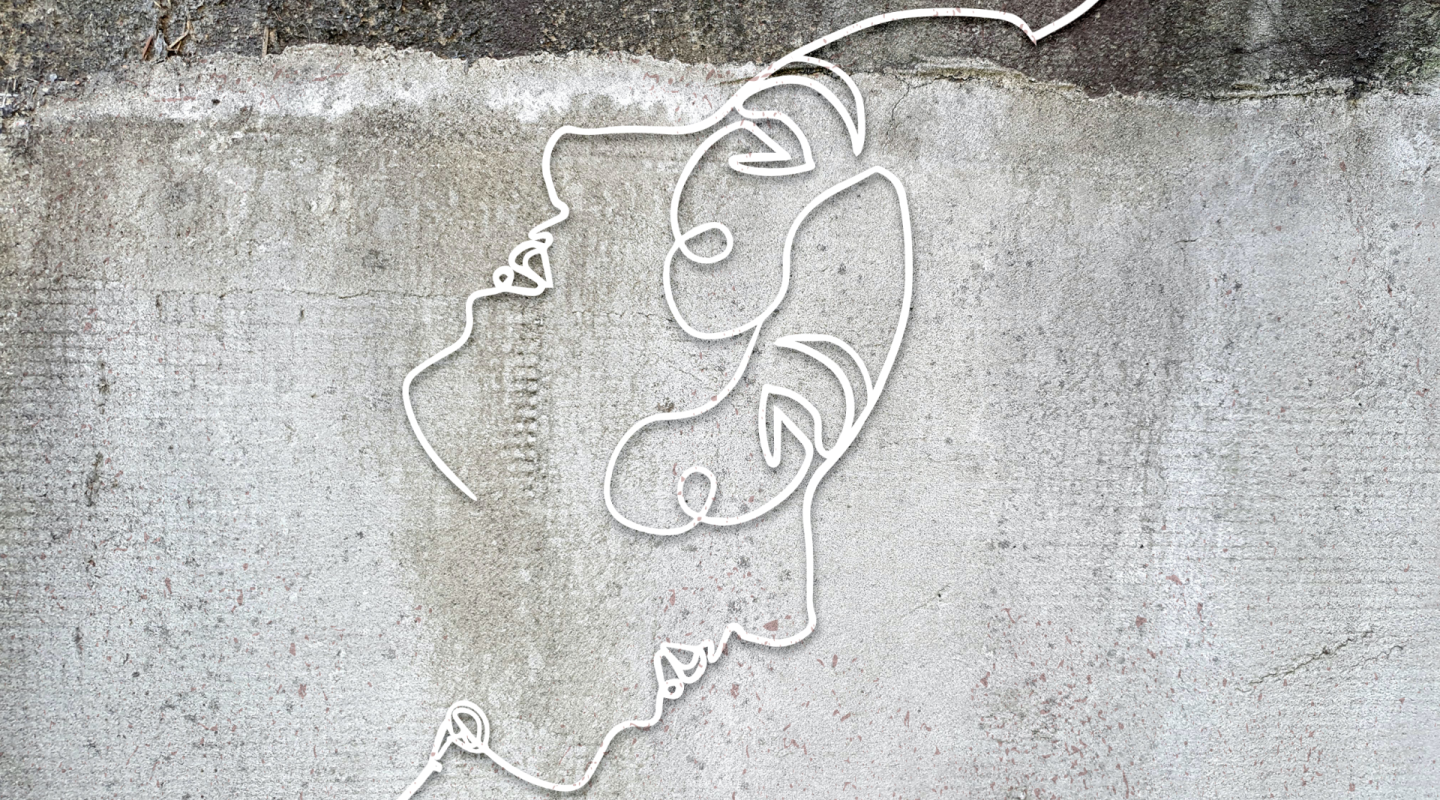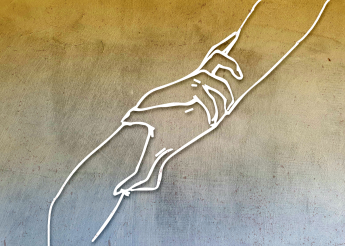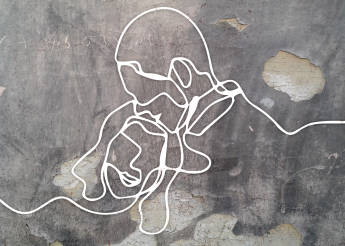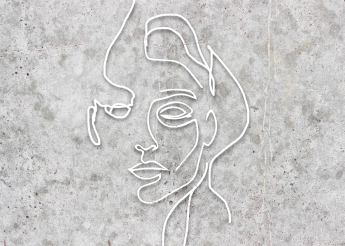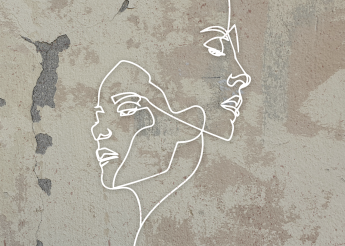At first, we didn’t want the girls to visit because the only way to see their father was separated by glass. Émile was transferred to several different prisons. It was a challenging time for us. Each transfer meant extra costs. When he called us, it was always at our expense; it was extremely expensive.
Finally, following his trial, he was sent to a medium-security prison about two hours from where we live. Being sent to that prison cost us nearly three thousand dollars. We were the ones who paid for a whole list of things on his arrival. A radio, a fan; the costs soon added up. Our son was lucky because people without the means cannot afford to spend so much.
Almost a year after Émile’s incarceration, the Director of Youth Protection (Direction de la protection de la jeunesse, DPJ) authorised us to take the girls to the prison for a visit. When the time came, they had not seen one another for almost two years. It was very emotional. As we were leaving, one of the girls began to cry. A guard approached her and said, “It’s OK to cry; it’s hard, but you know, your dad will get through this.” She was comforted by what he said to her. That is when we realised that there are good and not-so-good guards. It is a shame that the not-so-good ones have such an impact, because we feel targeted. As relatives, we are treated like social pariahs, as if we were responsible for what our loved one in prison did.
